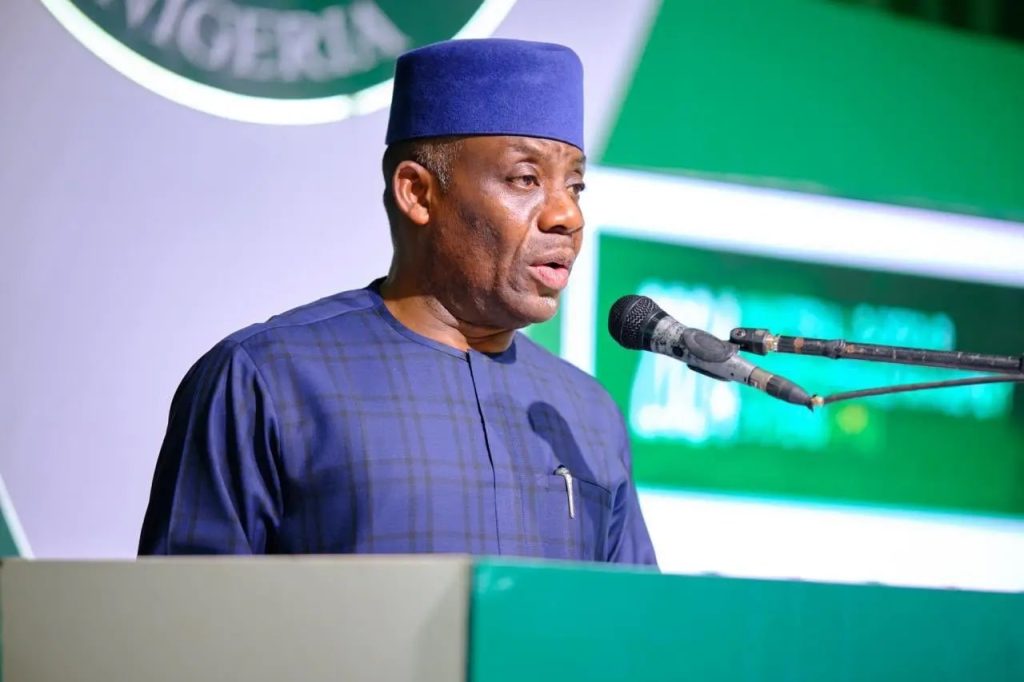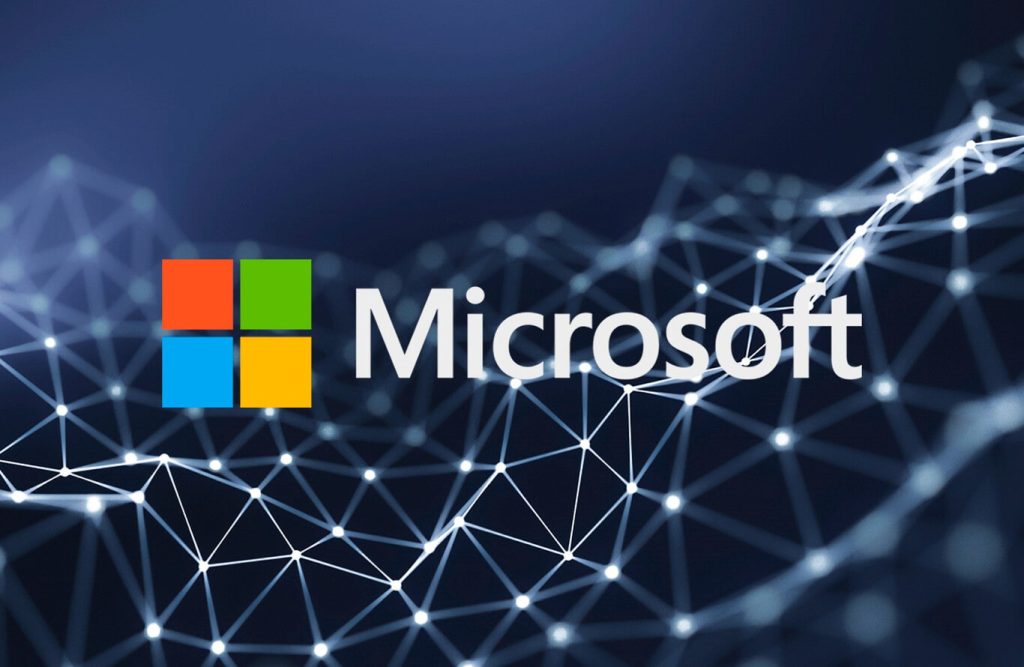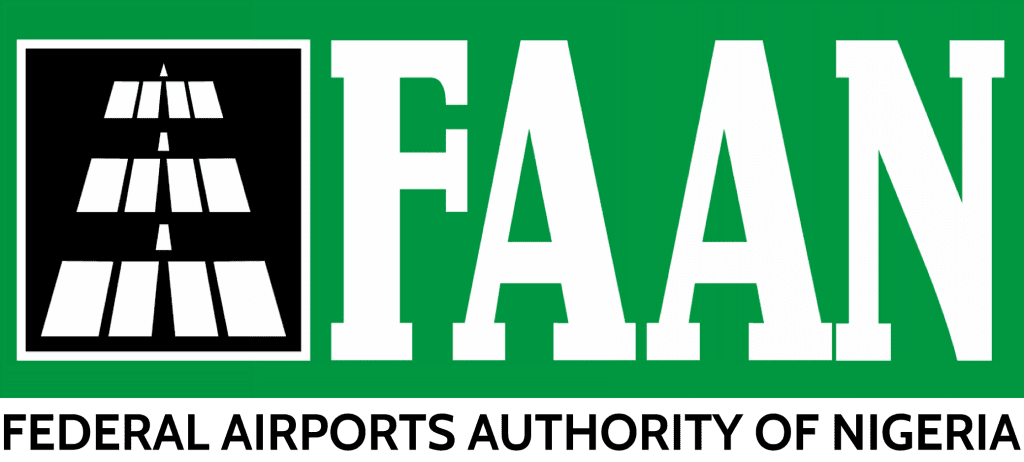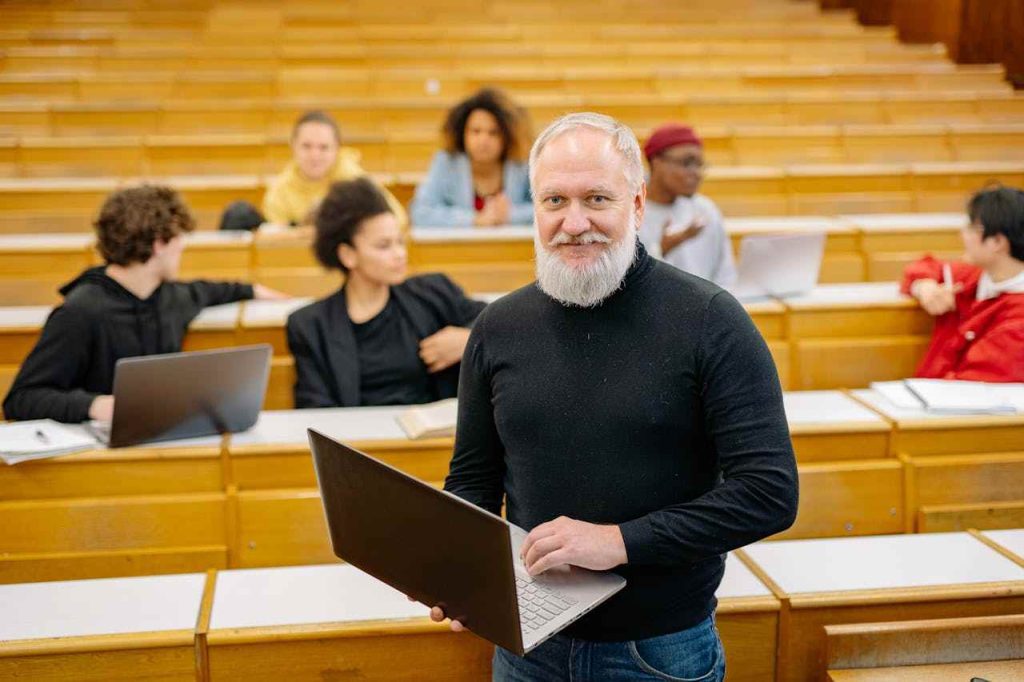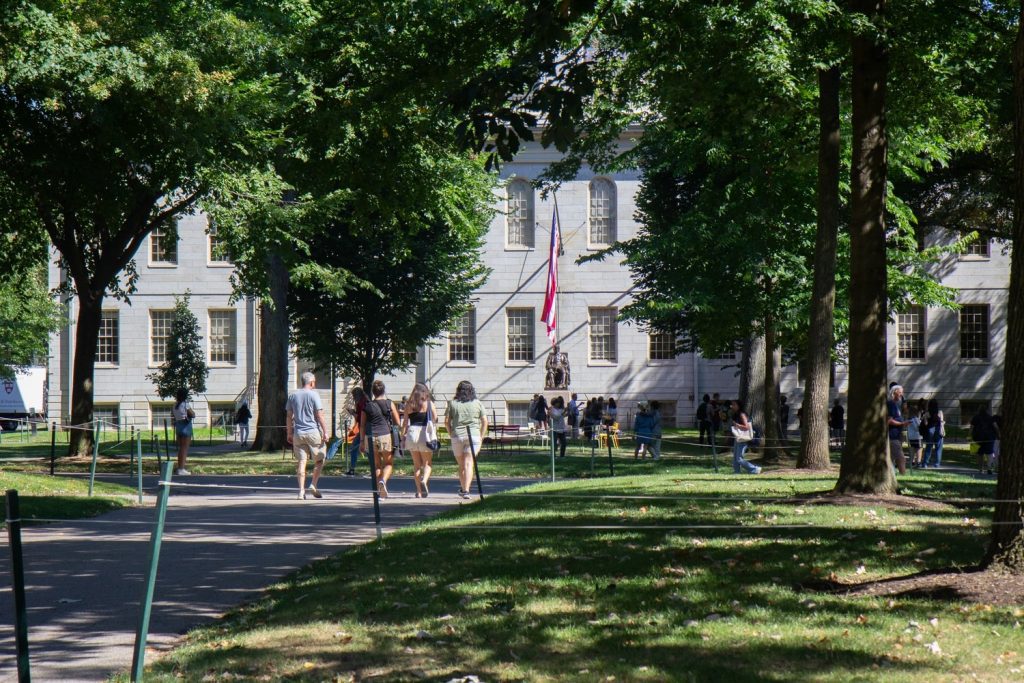In a landmark move to address decades of underperformance and inequality in Nigeria’s basic education sector, the Federal Government has launched a bold new initiative — the HOPE for Quality Basic Education for All (HOPE-EDU) program. The comprehensive education reform is backed by an unprecedented $552.18 million in secured funding from the World Bank and the Global Partnership for Education (GPE).
The initiative was formally announced by the Minister of State for Education, Dr. Tunji Alausa, on Saturday via his official X (formerly Twitter) handle. Dr. Alausa described the new program as a transformative shift in how the government delivers educational services, emphasizing accountability, equity, and outcomes at every stage.
“This is not just another project,” he posted. “It is a new model of how government can work — with performance-based financing, equity at the core, and results as the measure.”
A Strategic Approach to Rebuilding Education
The HOPE-EDU program was developed as a response to Nigeria’s persistent challenges in basic education — poor infrastructure, lack of qualified teachers, low student retention, and alarmingly poor learning outcomes. According to official data, millions of children in Nigeria are currently enrolled in school but lack access to quality learning. A significant number remain entirely out of the school system.
The new program is expected to directly benefit more than 29 million children, over 500,000 teachers, and approximately 65,000 public schools across the country. At its core, HOPE-EDU operates on a performance-based model. States will receive funding based on measurable improvements in key indicators such as student literacy rates, access to schooling, teacher effectiveness, and school attendance.
“Too many children are in school but not learning,” Alausa explained. “Too many classrooms are under-resourced, and too many teachers are unsupported. HOPE-EDU is designed to change that.”
Key Pillars of HOPE-EDU
The program is anchored on three foundational pillars:
-
Improving Learning Outcomes: HOPE-EDU prioritizes actual learning over enrollment numbers. It aims to close Nigeria’s alarming learning poverty gap, where a large proportion of children finish primary school without foundational literacy or numeracy skills.
-
Equity and Inclusion: By channeling resources toward underserved communities and marginalized groups, the program seeks to ensure that every Nigerian child—regardless of region or background—has access to a quality education.
-
Accountability and Performance-Based Funding: In a major departure from previous initiatives, funding under HOPE-EDU will be disbursed only when states demonstrate tangible progress. This model reduces waste, improves transparency, and encourages results-driven governance.
In Alignment with Tinubu’s “Renewed Hope Agenda”
The program fits squarely within President Bola Ahmed Tinubu’s broader “Renewed Hope Agenda,” which places human capital development—particularly education—at the center of national renewal. Under the Tinubu administration, the education sector has seen renewed prioritization, both in policy attention and budgetary allocation.
Alausa emphasized that the HOPE-EDU initiative reflects this commitment, describing it as a pivotal moment in the government’s mission to redefine public education delivery in Nigeria.
“This is a turning point,” he said. “A program that will redefine how we deliver public education — transparently, measurably, and sustainably.”
Record-Level Investment and Broader Education Reforms
The launch of HOPE-EDU is part of a broader set of reforms aimed at transforming Nigeria’s education sector. For the 2025 fiscal year, the Federal Government earmarked an unprecedented ₦3.5 trillion for education, with ₦826.90 billion allocated specifically to infrastructure development.
The Universal Basic Education Commission (UBEC) has been a major beneficiary of this renewed investment, with plans underway to rehabilitate existing schools, construct new ones, and deploy digital learning tools across public institutions.
Additionally, the government has approved the creation of nine new higher institutions to expand access to tertiary education. These schools are expected to help address the rising demand for university placements and reduce overcrowding in existing institutions.
International Backing: World Bank and GPE Support
A cornerstone of the HOPE-EDU initiative is its strong international backing. The World Bank approved a $1.08 billion development loan for Nigeria in 2024, of which $500 million is designated specifically for education. This funding aims to improve quality, strengthen school systems, and promote inclusive access, particularly among vulnerable populations.
The Global Partnership for Education, a multi-stakeholder partnership focused on strengthening education in low-income countries, has also committed substantial resources to the program.
Their support highlights Nigeria’s growing collaboration with international stakeholders in tackling systemic challenges in its education sector.
Tackling Barriers Beyond the Classroom
Beyond infrastructure and curriculum reforms, the Federal Government is also addressing financial barriers that hinder access to higher education. In 2024, the administration launched the Nigeria Education Loan Fund (NELFUND), which provides zero-interest loans to students pursuing tertiary education.
This fund is seen as a lifeline for students from low-income families, who previously had no viable financing options for attending college or university. The initiative complements HOPE-EDU by ensuring a smoother education pipeline from basic to higher education.
Looking Ahead: Challenges and Potential Outcomes
While the goals of HOPE-EDU are ambitious, several challenges could impact its implementation. The performance-based funding model, while innovative, requires robust data systems, real-time monitoring, and a commitment to transparency from sub-national governments.
Corruption, weak oversight, and political interference have historically derailed education programs in Nigeria. To mitigate this, the Ministry of Education is working closely with state governments and civil society organizations to develop clear accountability frameworks.
If successful, HOPE-EDU could serve as a blueprint for education reform not only in Nigeria but across Sub-Saharan Africa. Its emphasis on measurable impact, decentralization, and inclusiveness reflects global best practices in education delivery.
In the medium to long term, analysts believe that HOPE-EDU could:
-
Reduce Nigeria’s learning poverty rate, especially in northern and rural areas.
-
Increase female enrollment, particularly in states where cultural and religious factors have historically hindered girls’ education.
-
Boost the teaching profession by providing more training, support, and incentives.
-
Create a data-driven system where policy decisions are based on verified results.
Conclusion: A Promising Path for Education in Nigeria
The HOPE-EDU program represents more than just a new project — it signals a systemic shift in how Nigeria plans to deliver public education. By linking funding to outcomes and making equity a core principle, the Federal Government is attempting to rebuild trust in its ability to provide quality education.
With strong political will, active state-level participation, and sustained international support, HOPE-EDU has the potential to transform the lives of millions of Nigerian children and reshape the nation’s future.

